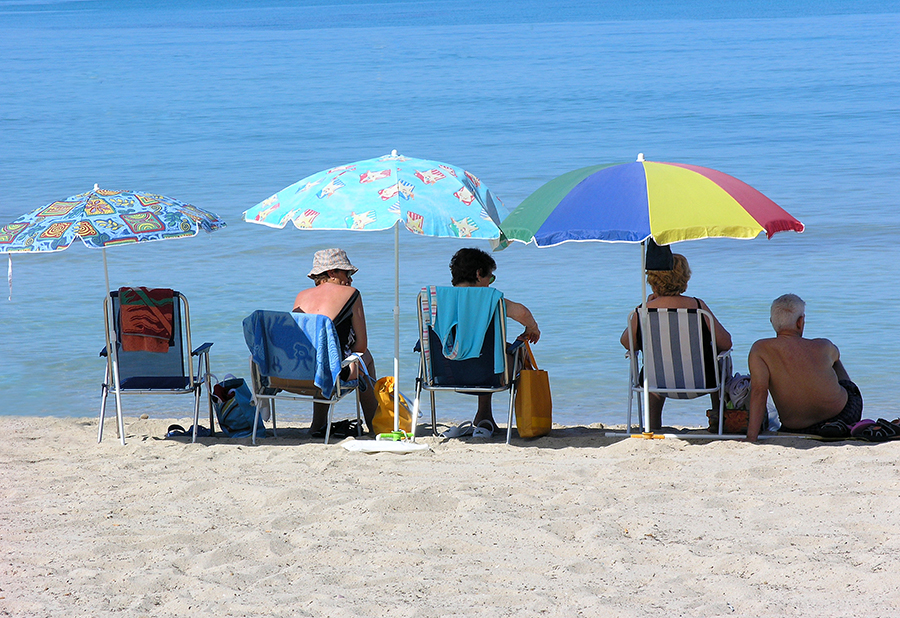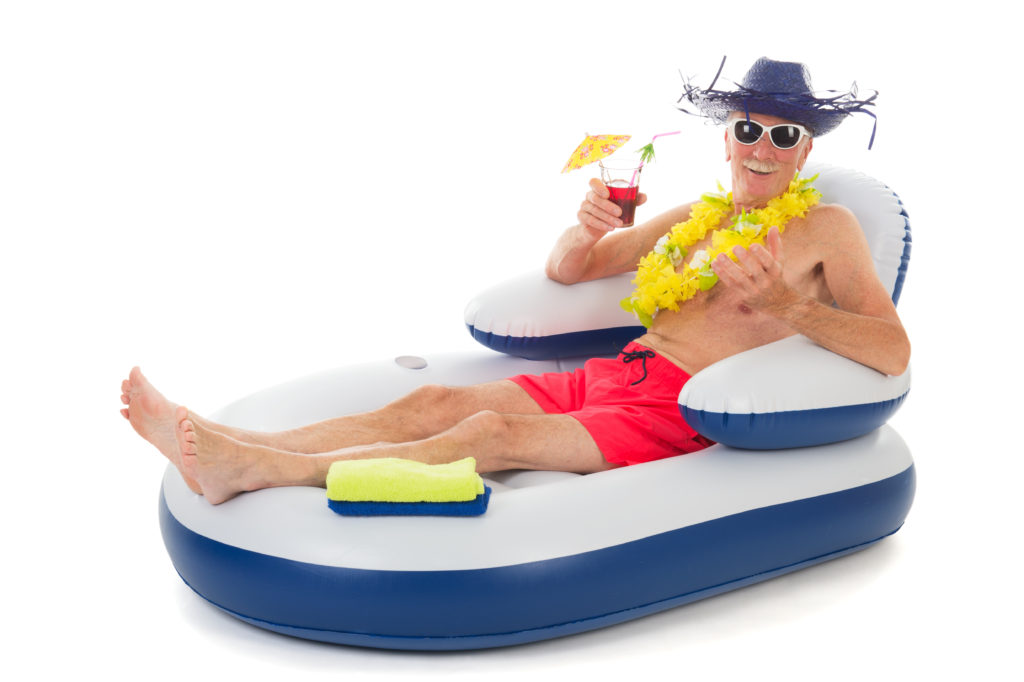Be Cool: Pay Attention to Your Body Temperature
Your body’s heat combined with environmental heat results is called your “core temperature”. Your body needs to regulate the heat gain (and, in cold weather, heat loss) from the environment to maintain a core temperature that’s normal, approximately 98.6 F (37 C). Otherwise your body will dehydrate and heat stroke can occur in hot weather or in cold weather, hypothermia and death can occur if untreated.
Heat Index
Heat illness occurs when your body can’t keep itself cool. As the temperature rises, your body produces sweat to stay cool. The heat index measures the air temperature plus the effects of humidity. If the temperature is 90 degrees, for instance, and the relative humidity is 70%, the air feels as though it’s 106 degrees. High humidity makes it harder for sweat to evaporate from the body. When your body can’t cool, your body temperature rises and you can become ill.
Are Older Adults More Susceptible?
You May Be At Risk
Seniors are often more susceptible to heat-related illness. In adults over 65, the central nervous system begins to deteriorate, which makes the body less able to cope with changes in body temperature.
Seniors and those with chronic medical conditions like heart or lung disease or obesity, often have difficulty regulating their body temperature. Some prescription medicines make it more difficult to keep cool. Medications that narrow your blood vessels (vasoconstrictors), regulate your blood pressure by blocking adrenaline (beta blockers), rid your body of sodium and water (diuretics), or reduce psychiatric symptoms (antidepressants or antipsychotics) often contribute to the body’s ability to stay cool.
Seniors may also be especially affected by sudden exposure to hot weather due to a lack of air conditioning. Fans can help cool the body, but air conditioning is the most effective way to cool down and lower humidity.
Prevention: Cool Down
Take it easy during the hottest parts of the day. If you can’t avoid strenuous activity in hot weather, drink fluids and rest frequently in a cool spot. Try to schedule exercise or physical labor for cooler parts of the day, such as early morning or evening. Use a cool washcloth on the back of your neck if you’re feeling hot, or put your feet in a pan of cool water.
Get acclimated. Limit time spent working or exercising in heat until you’re conditioned to it. People who are not used to hot weather are especially susceptible to heat-related illness. It can take several weeks for your body to adjust to hot weather.
Be cautious. If you take medications or have a condition that increases your risk of heat-related problems, such as a history of previous heat illness, avoid the heat and act quickly if you notice symptoms of overheating. If you participate in a strenuous sporting event or activity in hot weather, make sure there are medical services available in case of a heat emergency.
Drink plenty of fluids. Drink plenty of cool water and avoid alcohol and caffeine. Staying hydrated will help your body sweat and maintain a normal body temperature.
Eat light and cool. Light, cool meals like salads and sandwiches are better than hot, heavy entrees. Keep cool snacks like popsicles and frozen grapes on hand
Wear loose-fitting, lightweight clothing. Dress in light-colored, loose-fitting cotton clothing. Get some cute sunglasses and wear a hat to protect your eyes and skin from harmful UV-A and UV-B rays.








Comments are closed.